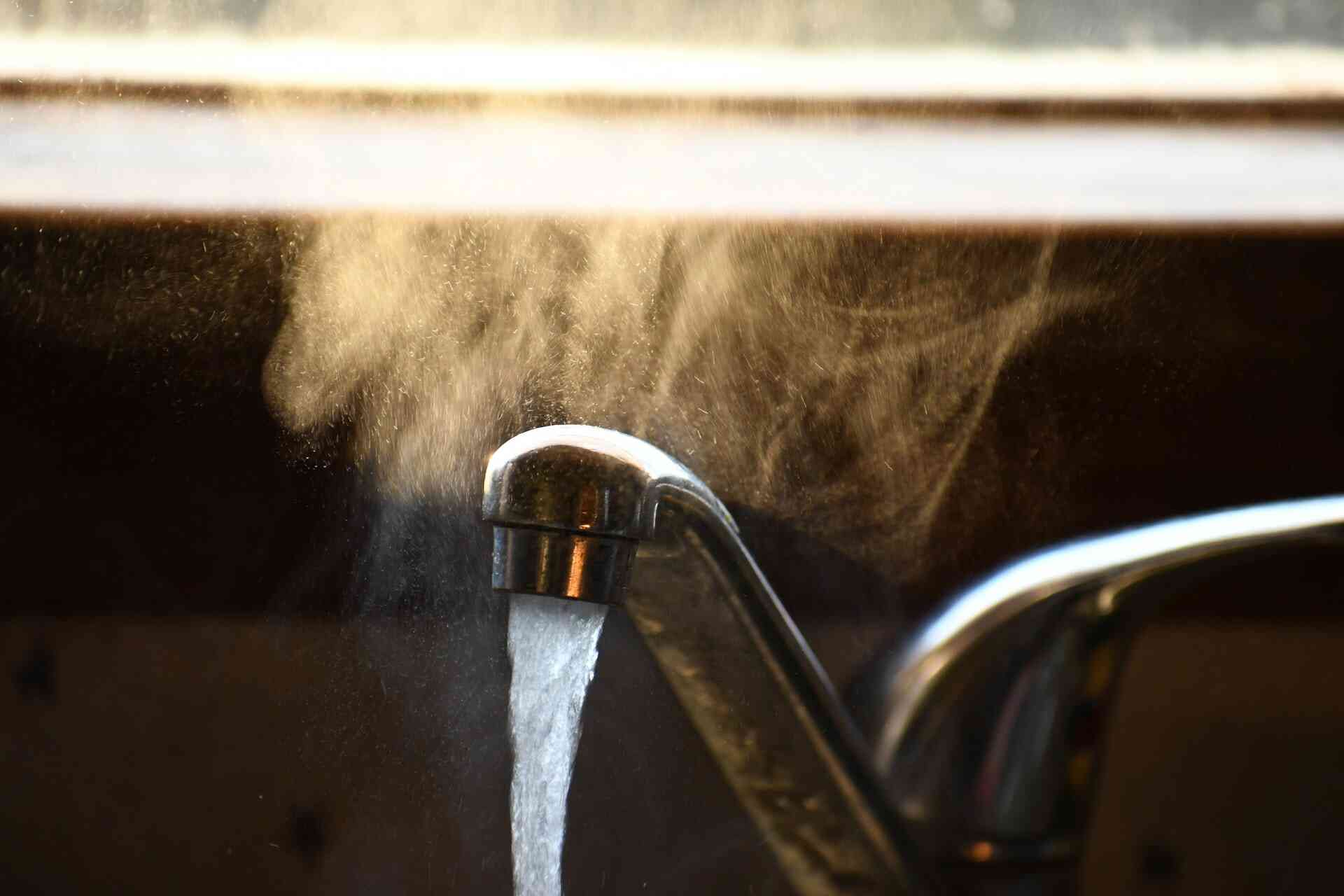A review has identified areas to improve after a recent scare over lead in drinking water near Dunedin.
The recommendations include improvements to reporting contaminant levels, tightening up how quickly adverse findings are reported, and reviewing standards for imported plumbing to ensure it doesn’t cause high lead exposure.
The SMC asked experts to comment.
Professor Sally Gaw, Director of Environmental Science, School of Physical and Chemical Sciences, University of Canterbury, comments:
“This unfortunate event has highlighted gaps in the management of drinking water in New Zealand and a lack of clarity around roles and responsibilities for ensuring safe drinking water. The 12 recommendations in the report to the Director-General of Health, along with the proposed new Water Services Bill and the formation of the central agency Taumata Arowai, will hopefully ensure that such an event can not occur again.
“The lead contamination in the Waikouaiti water supply highlights Aotearoa|New Zealand’s aging drinking water infrastructure and the urgent need to replace at-risk networks to ensure our communities and infants in particular are not exposed to lead via drinking water. Reviewing the acceptable levels of lead in imported tapware as recommended in the report will also further reduce exposure to lead in vulnerable populations.
“While it is outside of the scope of the report, very limited information is available in the public domain on who collected the water samples, how they were collected and which laboratory analysed the samples.”
No conflict of interest declared.
